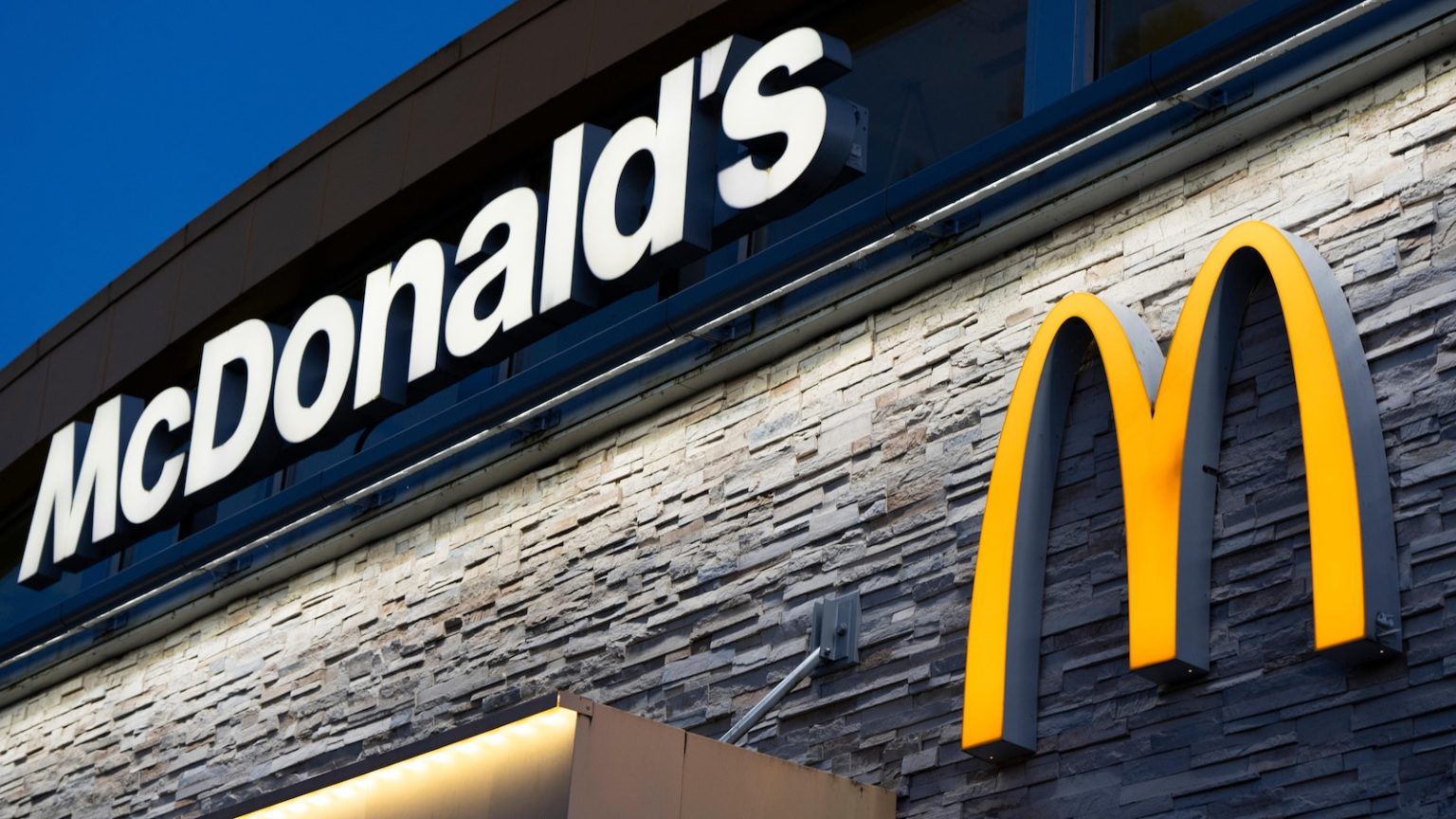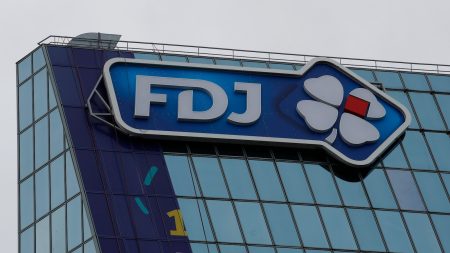McDonald’s Fourth-Quarter Performance: A Global Perspective
1. Global Sales Boost Offset Domestic Challenges
McDonald’s, the fast-food giant, revealed a mixed bag of results for the fourth quarter of 2023, as global sales played a significant role in mitigating weaknesses experienced in the U.S. market. While same-store sales in the U.S. dropped by 1.4%, international markets came to the rescue, with licensed overseas markets posting a 4.1% increase. This dichotomy highlights the importance of McDonald’s global footprint in balancing regional underperformance. The strong sales growth in the Middle East and Japan, regions where McDonald’s had previously faced challenges, was a key driver of this positive trend.
Global same-store sales rose by less than 1% during the quarter, a figure that, although modest, surpassed Wall Street’s expectations of a 1.1% decline. This outcome underscores McDonald’s ability to navigate the complexities of a global market, where diverse consumer preferences and economic conditions require tailored strategies. The company’s execution in international markets has been a critical factor in its overall resilience.
2. Financial Performance: A Mixed Bag
McDonald’s financial results for the fourth quarter reflected the dual nature of its performance. Total revenue for the period stood at $6.38 billion, slightly below analysts’ expectations of $6.45 billion. Similarly, net income saw a 1% decline, reaching $2.01 billion. On an adjusted basis, the company earned $2.83 per share, narrowly missing the anticipated $2.85 per share. Despite these misses, McDonald’s demonstrated its ability to maintain profitability despite challenges, a testament to its operational efficiency and brand strength.
The earnings report was met with positivity in the stock market, as McDonald’s shares rose by over 1% in premarket trading following the announcement. This reaction suggests investor confidence in the company’s ability to address domestic challenges while continuing to leverage its international success.
3. U.S. Sales Slowdown: A Year of Volatility
The U.S. market proved to be a challenging terrain for McDonald’s in 2024, with the first half of the year marked bya slowdown in sales growth. The primary factor behind this decline was consumer fatigue with price increases, a common phenomenon in the fast-food industry where customers are highly sensitive to pricing. Recognizing this trend, McDonald’s took swift action by introducing a $5 value meal in June, a move that successfully reignited customer traffic. The popularity of this promotion was evident in its extension through December, a strategic decision aimed at maintaining momentum during the holiday season.
However, just as the company seemed to be regaining its footing in the U.S., an unforeseen crisis emerged. An E. coli outbreak linked to McDonald’s Quarter Pounder hamburgers made headlines in late October, further denting consumer confidence. The outbreak, which sickened at least 104 people across 14 states, including 34 hospitalizations and one fatality in Colorado, cast a shadow over the company’s efforts to stabilize its domestic operations.
4. The E. Coli Outbreak: A Food Safety Crisis
The E. coli outbreak, first reported on October 22, posed a significant challenge to McDonald’s reputation and U.S. sales. The incident was traced to raw yellow onions distributed by Taylor Farms, a California-based supplier. The U.S. Food and Drug Administration (FDA), in collaboration with the Centers for Disease Control and Prevention (CDC) and state health departments, conducted an investigation and identified the contaminated onions as the source of the outbreak. By early December, the FDA had closed its investigation, noting that the risk had been mitigated as McDonald’s was no longer serving the recalled onions.
Despite the resolution of the immediate crisis, the impact on McDonald’s U.S. operations was undeniable. The outbreak not only affected customer traffic but also raised questions about the company’s supply chain and food safety protocols. In an industry where consumer trust is paramount, such incidents can have long-term repercussions. McDonald’s response to the crisis, including the swift removal of the contaminated product from its menu and cooperation with regulatory bodies, is critical to restoring customer confidence.
5. Shareholder Sentiment: Optimism Amidst Challenges
Despite the mixed results and the challenges faced, McDonald’s managed to retain investor confidence. The company’s shares rose by more than 1% in premarket trading following the earnings announcement, a reflection of the market’s optimism in McDonald’s ability to navigate its current challenges. The global sales growth and the company’s proactive measures to address U.S. market weaknesses are likely factors contributing to this positive sentiment.
Investors are also likely encouraged by McDonald’s ability to maintain profitability despite revenue and net income declines. The company’s global diversification and operational efficiency are key strengths that position it well for future growth. Additionally, the success of the $5 value meal in boosting U.S. sales traffic suggests that McDonald’s has the tools to address domestic challenges effectively.
6. Looking Ahead: Challenges and Opportunities
As McDonald’s enters a new quarter, it faces both challenges and opportunities. The U.S. market remains a focal point, with the need to rebuild consumer trust following the E. coli outbreak. The company’s ability to maintain the momentum created by the $5 value meal while addressing concerns around pricing and food safety will be crucial. Globally, the strong performance in markets such as the Middle East and Japan highlights the potential for continued growth, provided McDonald’s can maintain its competitive edge in these regions.
Looking ahead, McDonald’s will need to strike a delicate balance between managing costs, investing in innovation, and enhancing customer experience. The lessons learned from the fourth quarter, particularly the importance of a resilient supply chain and the power of value-driven promotions, will be instrumental in shaping the company’s strategy moving forward. As the fast-food industry evolves, McDonald’s ability to adapt and innovate will be pivotal in maintaining its leadership position in an increasingly competitive landscape.















